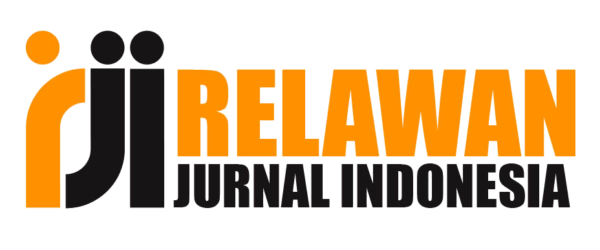Meningkatkan konsepsi asesmen guru fisika SMA melalui program penguatan kompetensi
Abstract
Assessment has three functions: assessment of learning, assessment for learning, and assessment of learning. The three assessment functions have a balanced proportion. However, the implementation of assessment in education has been dominated by assessment of learning. This imbalance prevents students from building their knowledge. Therefore, it is necessary to strengthen the competence of teachers to change the conception of assessment in implementing the three assessment roles. The research used the experimental method. The participants who took part in the activity were 50 high school physics teachers spread throughout Indonesia (11 male and 39 female) with 1-28 years teaching period. The research begins with an initial test, and after the activity is completed, a final examination is given. There are 15 questions in multiple-choice form—assessment competency strengthening program in the form of expository, discussion, and question and answer. The results obtained showed an increase in the medium category (N-Gain=0.43). It can be concluded that the assessment competency strengthening program can improve teachers' conceptions of assessment.
Full Text:
PDF (BAHASA INDONESIA)References
Balakrishnan, S. (2021). The adult learner in higher education: A critical review of theories and applications. Research Anthology on Adult Education and the Development of Lifelong Learners, 34-47.
Creswell, J. W., & Creswell, J. D. (2017). Research design: Qualitative, quantitative, and mixed methods approaches. Sage publications.
Gardner. (2012). Assessment and learning. Sage.
Griffin, P., Care, E., & McGaw, B. (2011). The changing role of education and schools. In Assessment and teaching of 21st century skills (pp. 1-15). Dordrecht: Springer Netherlands.
Harlen, W. (2007). Assessment of learning. Assessment of Learning, 1-176.
Houde, J. (2006). Andragogy and Motivation: An Examination of the Principles of Andragogy through Two Motivation Theories. Online Submission.
Irons, A., & Elkington, S. (2021). Enhancing learning through formative assessment and feedback. Routledge.
Kementerian Pendidikan dan Kebudayaan. (2017). Panduan Penilaian oleh Pendidik dan Satuan Pendidikan Sekolah Menengah Pertama, Direktorat Jenderal Pendidikan Dasar dan Menengah, Jakarta: Direktorat Pembinaan Sekolah Menengah Pertama.
Li, H., Xiong, Y., Hunter, C. V., Guo, X., & Tywoniw, R. (2020). Does peer assessment promote student learning? A meta-analysis. Assessment & Evaluation in Higher Education, 45(2), 193-211.
McGrath, V. (2009). Reviewing the Evidence on How Adult Students Learn: An Examination of Knowles' Model of Andragogy. Adult Learner: The Irish Journal of Adult and Community Education, 99, 110.
Meier, D. (2020). Emerging adulthood and its effect on adult education. Australian Journal of Adult Learning, 60(2), 213-224.
Popham, W. J. (2009). Instruction that measures up: Successful teaching in the age of accountability. ASCD.
Pusat Asesmen dan Pembelajaran Balitbang dan Perbukuan, K. (2021). Panduan pembelajaran dan asesmen jenjang pendidikan dasar dan menengah (SD/MI, SMP/MTs, SMA/SMK/MA). Jakarta: Kementrian Pendidikan dan Kebudayaan
Pusat Penilaian Pendidikan. (2019). Model Penilaian Formatif pada Pembelajaran Abad ke-21 untuk Sekolah Dasar. Jakarta: Balitbang Kemdikbud.
Schuwirth, L. W., & Van der Vleuten, C. P. (2011). Programmatic assessment: from assessment of learning to assessment for learning. Medical teacher, 33(6), 478-485.
Scott, I. M. (2020). Beyond ‘driving’: The relationship between assessment, performance and learning. Medical education, 54(1), 54-59.
DOI: https://doi.org/10.17509/wapfi.v7i1.43993
Refbacks
- There are currently no refbacks.
Copyright (c) 2022 Winny Liliawati

This work is licensed under a Creative Commons Attribution-ShareAlike 4.0 International License.
The Journal Wahana Pendidikan Fisika http://ejournal.upi.edu/index.php/WapFi/ is licensed under a Creative Commons Attribution-ShareAlike 4.0 International License
The Journal WaPFi (Wahana Pendidikan Fisika).
All rights reserverd. pISSN 2338-1027 eISSN 2685-4414
Copyright © Faculty of Mathematics and Science Education (FPMIPA) Universitas Pendidikan Indonesia (UPI)










